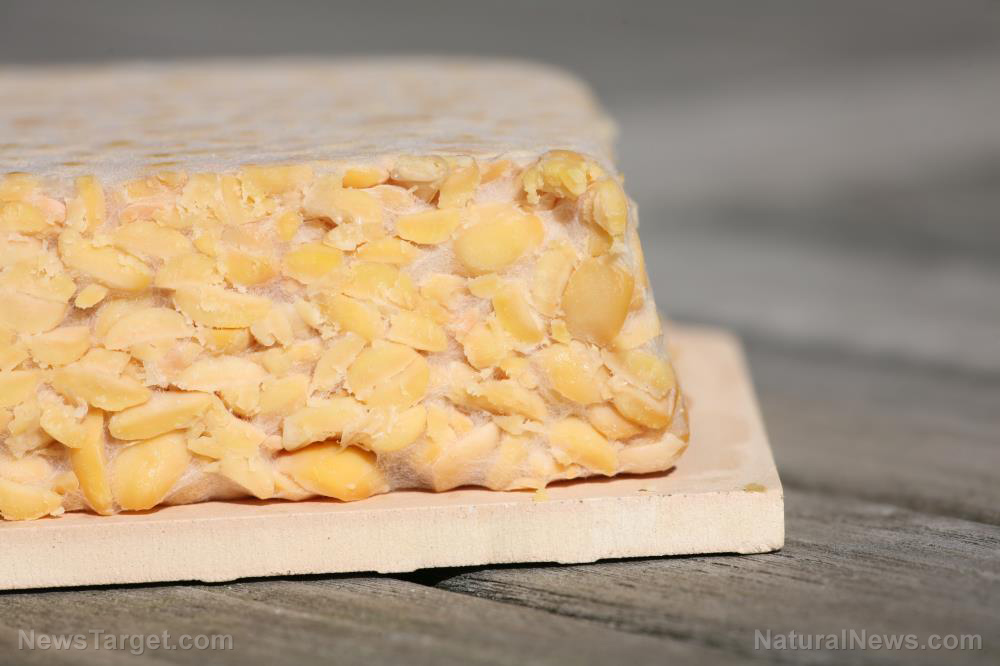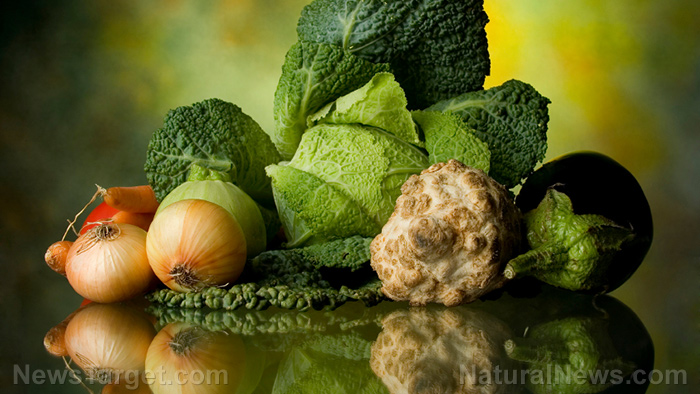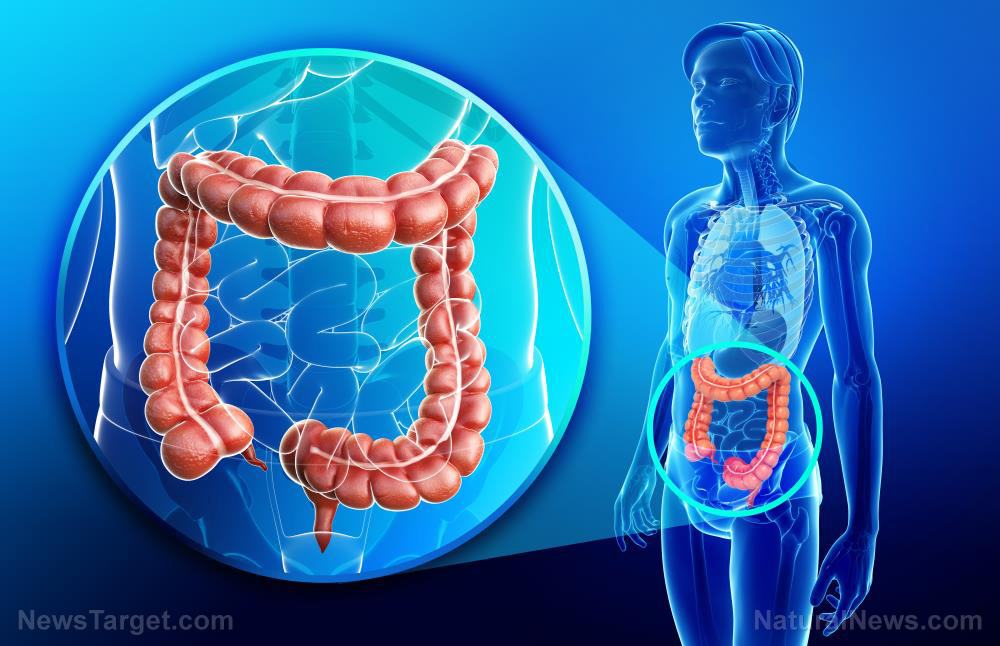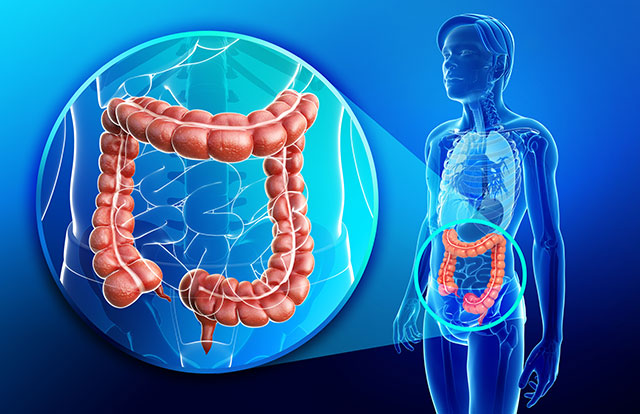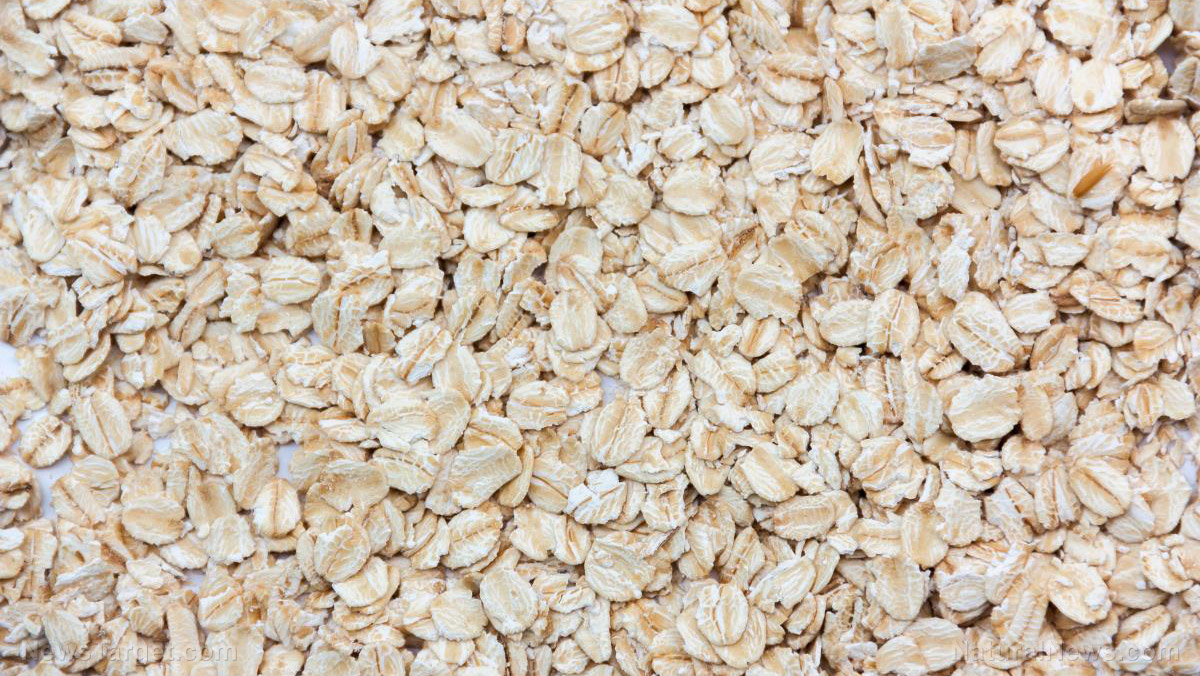Orange peels may help boost heart health by modifying gut microbiota, suggest scientists
12/21/2019 / By Darnel Fernandez

You may have heard the saying “an apple a day keeps the doctor away,” but did you know that orange peels could also promote the same health-boosting effect — particularly towards heart health?
A group of scientists led by Yu Wang, an assistant professor of food science and human nutrition at the University of Florida’s Institute of Food and Agricultural Sciences, was awarded a $500,000 grant from the U.S. Agriculture and Food Research Initiative under the U.S. Department of Agriculture. With the help of the grant, Wang and her team of researchers plan to identify whether extracts from orange peels could improve the gut’s ability to prevent fatty linings from forming in the arteries.
Recent evidence has shown that gut microbiota has a surprising role in the maintenance of heart health, specifically on the development of cardiovascular diseases. When the body breaks down certain nutrients like choline and carnitine — both of which are found in high-fat dairy products, egg yolk, and red meat — the process produces trimethylamine N-oxide (TMAO) as a byproduct. According to the researchers from the Cleveland Clinic, high levels of TMAO could indicate future cardiovascular diseases, including heart attack and stroke. Because of this, Wang and her research team plan to observe how orange peels affect gut health and, in turn, overall human health.
According to Wang, Americans generate about 5 million tons of orange peels a year — most of which are simply treated as waste. The Food and Drug Administration however, deems natural orange peel extracts as safe for human consumption.
“This research could be critical to enhancing the cardiovascular health of millions of people worldwide,” said Wang. “In addition to improving consumers’ health, our research results could provide additional economic returns, benefiting U.S. agriculture and food systems.”
For this project, the research team hypothesizes that orange peel extract could modify gut microbiota and prevent atherosclerosis, a heart disease where fatty deposits line the inner walls of the arteries. Wang says that orange peels contain components that interfere with the production of trimethylamine, which could help stave off the onset of atherosclerosis.
In a previous preliminary study, Wang analyzed three groups of mice to see if her research proposal is on the right track: one group was fed a regular diet without orange peels or TMAO-inducing foods; a second one was given a regular diet plus carnitine, which induces TMAO; while the last group was fed a regular diet with added carnitine and orange peels.
From the results, Wang found that a diet supplemented with orange peels managed to alter the bacteria in the colons of the mice.
“Within three years, we expect to understand more about the mechanisms associated with orange peel consumptions, TMAO formation and the prevention of atherosclerosis,” Wang said. “We hope this project can not only positively impact human cardiovascular health via the promotion of gut health, but will also provide simple and efficient usage of orange peels.”
The other health benefits of orange peels
Beyond the potential of preventing atherosclerosis, orange peel can also be used for a variety of other health benefits.
- Has anti-allergy properties. Certain active compounds in the orange peel are found to provide regulatory effects on the immune system — particularly preventing histamine from releasing. These histamines are chemicals that cause allergic reactions.
- Supports healthy skin. Chock full of vitamin E and antioxidants, orange peels can be an effective way to help clear inflammatory conditions and prevent age spots and wrinkles. Its vitamin C content can even lower the appearance of marks caused by premature aging.
- Prevents cancer. A review published in BioMed Research International aimed to analyze the anti-carcinogenic properties of various citrus peels. The researchers found that citrus peels, including orange peels, are generally effective in preventing cancerous activities in the body. (Related: When you peel an orange, don’t throw away the white part under the skin: Bioflavonoids help fight cancer and obesity.)
If heart disease concerns you, try to add some orange peel to your diet to help prevent atherosclerosis. Find similar stories on heart-healthy organic foods at Organics.news.
Sources include:
Tagged Under: alternative medicine, anti-allergy, cardiovascular disease, cardiovascular health, clean food, functional food, heart health, heart healthy foods, natural medicine, orange peel, organic, prevention, skin health, trimethylamine N-oxide
RECENT NEWS & ARTICLES
Digestion.News is a fact-based public education website published by Digestion News Features, LLC.
All content copyright © 2018 by Digestion News Features, LLC.
Contact Us with Tips or Corrections
All trademarks, registered trademarks and servicemarks mentioned on this site are the property of their respective owners.




